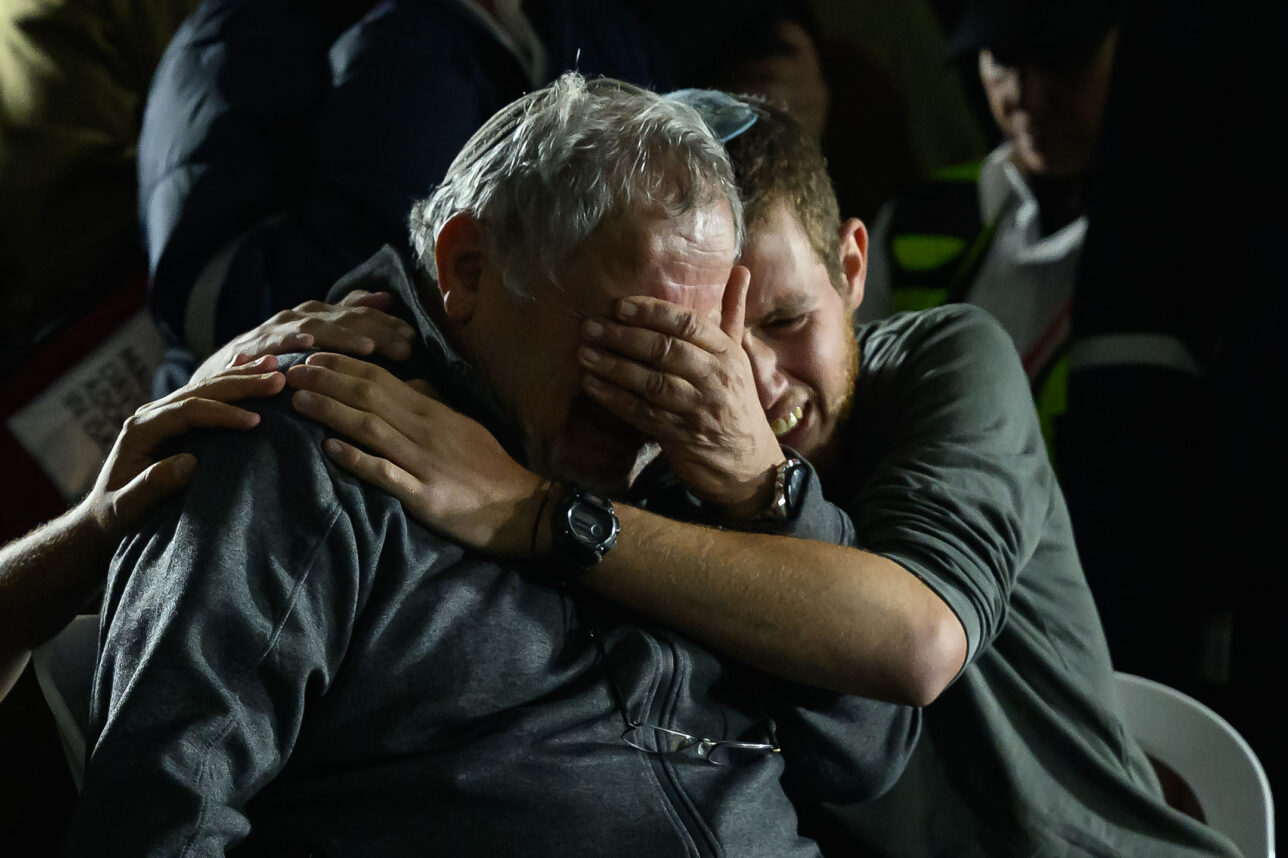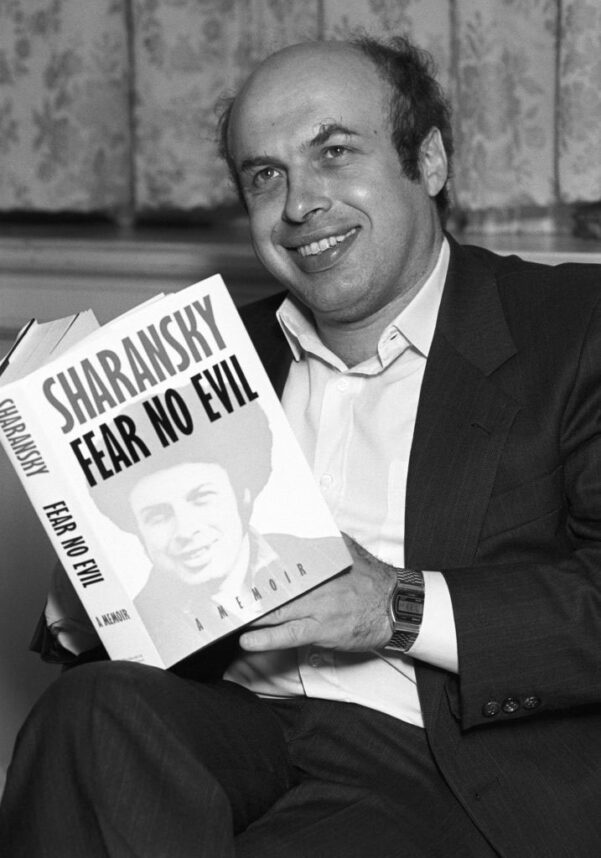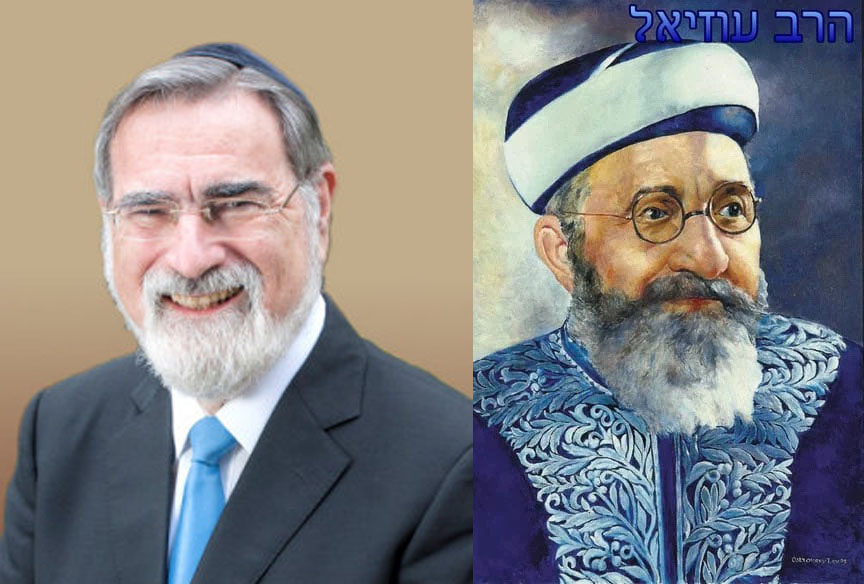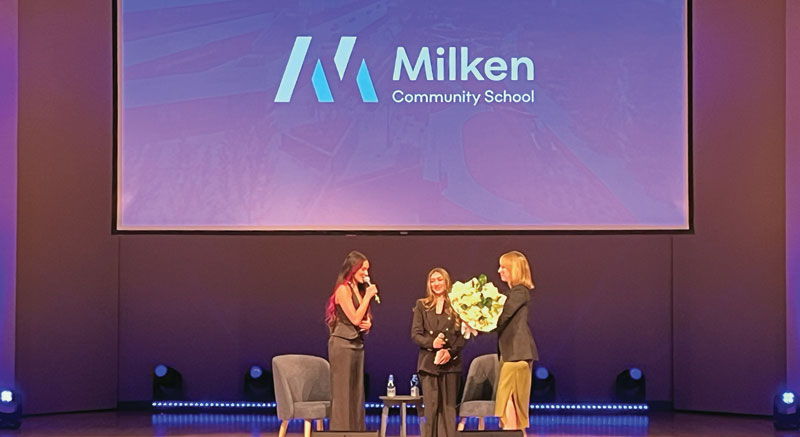
In the run-up to Rosh Hashanah, I’ve been thinking about the Jewish perspective on topics that come up frequently in my executive coaching practice: leadership, living with purpose and making an impact. When you put them together, it comes down to heart-centered leadership.
We can all agree great leadership is important, but what is the most important virtue that actually makes leadership great? Like the saying, “Ask two Jews, get three opinions,” ask 100 leaders and you’ll get 100 different answers. Leadership is something we understand universally yet live so personally. Of course, there is a Jewish perspective on everything (Pirkei Avot 2:13), and leadership is no exception.
There’s a conversation among rabbis about which virtue is the most important to lead a good path: “One must pick a solitary trait and cleave to it until he masters it … one good attribute can serve as the trailblazer for the overall pursuit of a proper path.” In other words, it’s simply impossible to live every good virtue to the fullest, so which should we invest in as the most important one?
A rabbi poses that question to his five students, who suggest good eyes, being a good friend, being a good neighbor and foreseeing the impact of our actions on others. The rabbi is unsatisfied until he hears the fifth and final suggestion: a lev tov (a good heart). If we can only choose one, he concludes, we should choose the one that encompasses all the others: a good heart.
So what might a good heart look like in our modern places of work? This Rosh Hashanah, consider how you can cultivate the four pillars of heart-centered leadership:
Having good eyes:
Many leaders will tell you they have solid visions of success, and a good line of sight into their business and their people. That’s just assumed, which is why I challenge you to ask yourself tough questions as you build up your heart-centered leadership: Where are you making bad decisions as a leader because you’ve made judgments about certain people? In this moment of racial reckoning in our workplaces, it’s never been more urgent for leaders to have “good eyes.” Where have you had your blinders on?
Being a good friend:
When we talk about friendship, we’re not defining good leadership as being friends with everybody in the office. As one commentator in Pirkei Avot opined, “[T]he strength of friendship may be measured by its ability to withstand the strain of constructive criticism,” which is one of the most important elements of heart-centered leadership. It’s also a proven tenet of great leadership writ large. Apple CEO and Founder Steve Jobs was famous for encouraging debate. So how can being a “good friend” — by increasing your tolerance for disagreement and constructive criticism — make you a better leader?
In this moment of racial reckoning in our workplaces, it’s never been more urgent for leaders to have ‘good eyes.’
Being a good neighbor:
The best leaders are stewards to their organizations, their people and the greater goals — not their own egos or personal agendas. As you cultivate heart-centered leadership, I challenge you to ask yourself daily: How are my actions serving the greater goals of my organization, our business needs and my people? Am I making my best effort to work well with those I dislike?
Foreseeing the outcomes of your actions:
How we all wish we had a crystal ball. Although we can’t predict the future, as a heart-centered leader, you can consider how everything you do as a leader makes an impact. Ask yourself: How are the decisions I’m making today defining tomorrow for everyone else around me?
We all come to work with unique values and show up at different organizations at different points in the leadership life-cycle — from our first job managing people to that peak leadership experience in our career. It’s one of the things that makes leading with heart so deeply personal, so full of potential and so dynamic over the course of our career. So what does heart-centered leadership mean to you today, and what do you want it to mean to you tomorrow?
Randi Braun is the founder of the coaching service Something Major.






















 More news and opinions than at a Shabbat dinner, right in your inbox.
More news and opinions than at a Shabbat dinner, right in your inbox.